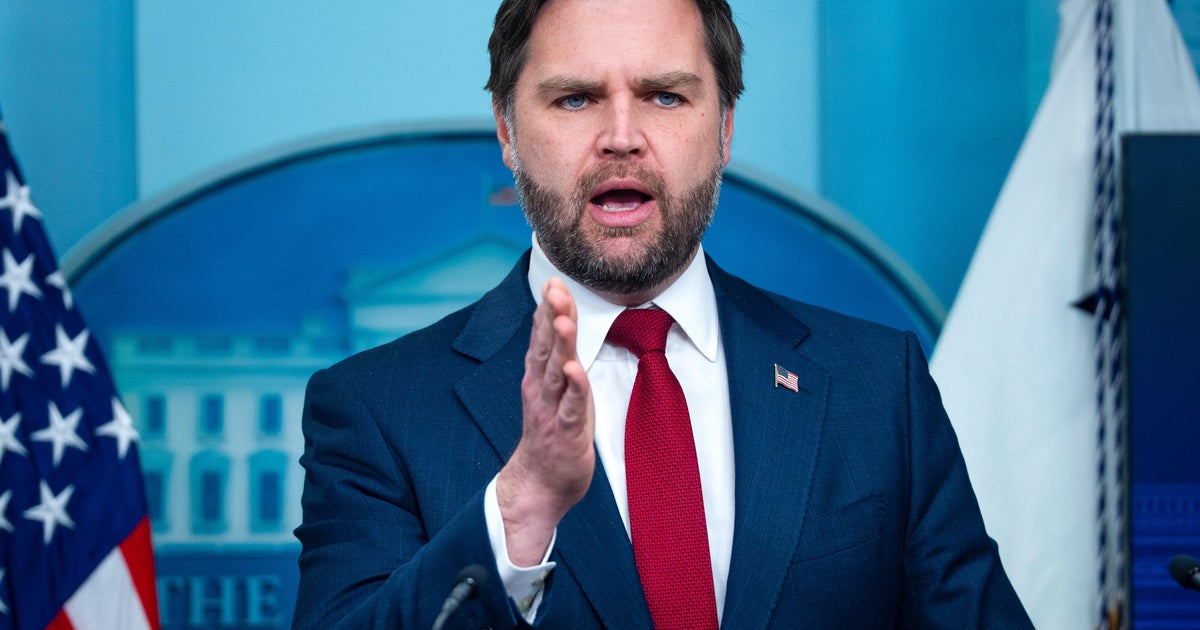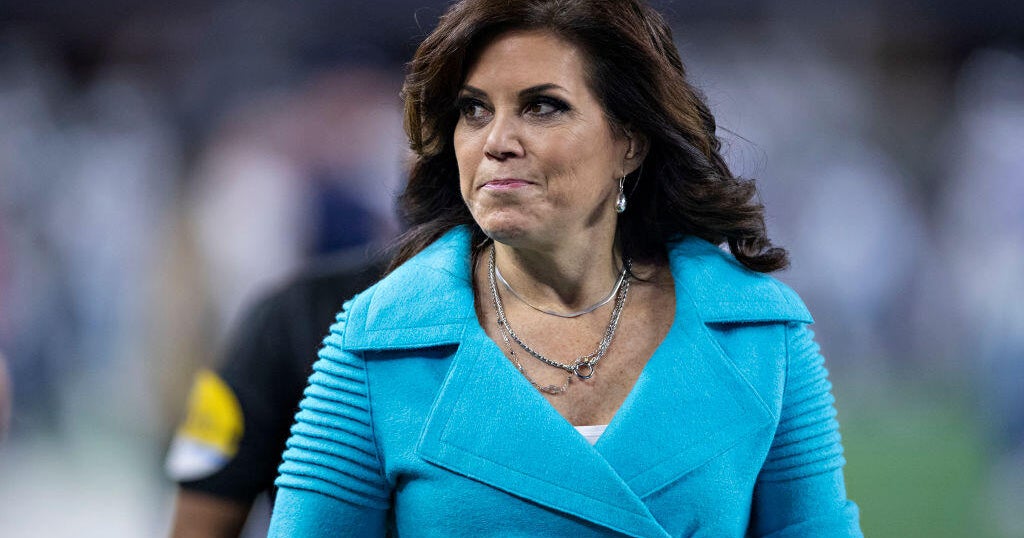5 Minnesota reps. voted yes on debt ceiling bill, 2 voted no, and 1 didn't vote
MINNEAPOLIS -- The House passed legislation to lift the debt ceiling and cut spending late Wednesday and has sent it to the Senate.
Ultimately, the vote passed with a strong bipartisan majority of both Democrats as well as Republicans, 314-117 in the end. Among Republicans, 149 voted in favor of the bill while 71 voted against it. Among Democrats, 165 voted yes while 46 voted no.
Among Minnesota's delegation of eight U.S. representatives, the votes were also truly bipartisan, with three Democrats and two Republicans voting in favor of the bill:
- Tom Emmer (R)
- Betty McCollum (D)
- Ilhan Omar (D)
- Dean Phillips (D)
- Pete Stauber (R)
Two votes against the bill also came from the Minnesota delegation -- Reps. Brad Finstad and Michelle Fischbach.
The eighth Minnesota vote actually never materialized. Democratic Rep. Angie Craig. Earlier this week, Craig announced that an injury to her ankle would force her to be absent from the vote, due to doctor's orders.
Craig was joined in not casting a vote by Republican Reps. Jim Banks, of Indiana, and Lauren Boebert, of Colorado, as well as Democratic Rep. Deborah Ross, of North Carolina.
Minnesota reps. issue statements
A number of Minnesota's representatives issued statements explaining their reasoning for voting as they did.
Republican Rep. Tom Emmer, the House Majority Whip and who was among those voting yes, tweeted the following statement:
Democratic Rep. Ilhan Omar, who voted yes, issued the following:
"We cannot default on our debt. We cannot, for the first time in history, send millions of people into poverty, plunge Minnesota and the world into a recession, and risk basic necessities for the people we represent.
"This bill is far from perfect, but I know that if we fail to act and America fails to pay its bills, my constituents would be far worse off.
"But this is a sad day for our democracy. Instead of paying the bills we already accrued, Republicans took the entire global economy hostage and threatened to default on America's bills.
"I have been clear from the beginning: I support a clean debt ceiling bill. That's why I pushed for a clean debt ceiling bill during the lame duck session, supported a discharge petition to put one on the floor, and supported the President using his 14th amendment authority to raise it unilaterally.
"We are in this place because of Speaker Kevin McCarthy threatening default. If not for Kevin McCarthy threatening default we could have had a clean debt ceiling hike.
"President Biden deserves credit for decreasing the ransom these hostage-takers demanded and for staving off even worse cuts for Minnesotans, but this is no way to legislate in a democracy. Taking what used to be a routine procedural bill hostage in exchange for completely unrelated and extremely harmful policy concessions is antithetical to the spirit of our republic, and the way Congress was intended to function. It will eventually result in catastrophe. Moving forward, we must take the threat of default off the table. That means abolishing the debt ceiling, and it means the President exercising his constitutional authority to ensure that the validity of the public debt shall not be questioned."
Republican Rep. Brad Finstad, who voted no, issued the following statement:
"House Republicans acted thirty-five days ago to responsibly address America's debt crisis and rein in federal spending.
"While President Biden chose to wait until the last minute to come to the negotiating table, I appreciate House Republican Leadership's efforts to work toward a sensible solution.
"Every single one of us should be concerned about the fiscal trajectory of this country and the burden of debt on the American taxpayer. I was proud that House Republicans passed the Limit, Save, Grow Act, a robust framework that takes commonsense steps to address the debt ceiling. Unfortunately, for me, the deal outlined in the Fiscal Responsibility Act doesn't go far enough to address the key drivers of our national debt and falls short of the necessary reforms to fix a broken Washington.
"While this deal may present some short-term improvements, it still adds nearly $4 trillion to our national debt and does not stop the out-of-control government spending that will bankrupt our children and grandchildren.
"I will continue fighting for the people of southern Minnesota by supporting solutions that truly bend the curve on the national debt and get a handle on rampant government spending that is fueling the inflation that is economically crippling families across the First District."
Democratic Rep. Betty McCollum, who voted yes, issued the following statement:
"Let me be crystal clear - the default crisis was manufactured by the GOP and was 100% avoidable. Democrats have been united in working to pay America's bills without political stunts. Earlier this month, I joined my Democratic colleagues in signing on to legislation that would have provided a clean resolution to prevent default and protect our economy. If just five Republicans had joined us, we could have passed it and paid America's bills on time. The threat of America going into default should never have been linked to a far-right ransom note of demands.
"But Speaker McCarthy and his extreme MAGA Republicans instead chose to force our nation into an unnecessary fiscal crisis. Their plan was to hold the full faith and credit of the United States hostage for their demands to protect corporations and the wealthiest Americans and force deep cuts that would cause pain across the country and jeopardize our economic recovery.
"In the face of this reckless and inexcusable conduct from House Republicans, President Biden negotiated a deal that shielded Americans from many of the cuts that extreme MAGA Republicans wanted. ...
"The Biden administration's efforts should be commended for avoiding a devastating default that would harm our economy and the American people.
"This deal is far from perfect-for example, it misses the opportunity to achieve long-term taxpayer savings by cutting wasteful Pentagon spending, including closing obsolete bases and phasing out costly and aging legacy equipment.
"I remain concerned by any budget agreement that does not address the Trump tax cuts for the rich, which have already ballooned the deficit - and extending them would add another $3.5 trillion dollars to the deficit. Addressing the deficit requires closing loopholes for tax cheats and ensuring corporations pay their fair share.
"I voted yes because defaulting on America is not an option. This agreement averts a catastrophic default that would have triggered a recession, cost millions of jobs, devastated retirement accounts, and undermined the historic economic progress we've made over the past two years, including the creation of more than 12 million jobs and the lowest unemployment rate in more than 50 years. I will always fight to protect the full faith and credit of the United States. The American people should never be used as pawns in MAGA Republicans' political games.
"Knowing now just how extreme Republicans are willing to go to cut funding from those who need it the most, our work on the Appropriations Committee is just starting. There is more work to be done to protect the priorities of American families and our communities."
Democratic Rep. Dean Phillips, who voted yes, tweeted the following statement:
Republican Rep. Pete Stauber, who voted yes, tweeted the following link to his statement:
Republican Rep. Michelle Fischbach, who voted no, issued the following statement:
"While I believe Speaker McCarthy did the best he could in negotiations, this agreement is further proof that President Biden and Democrats are unwilling to admit the damage their spending has caused for Americans. My constituents told me loud and clear they want to see us take more meaningful steps to get our fiscal house in order. I will continue to fight for substantive and lasting changes to limit government spending and hold this Administration accountable during the upcoming appropriations process."
What's in the bill
In exchange for raising the debt limit for two years — beyond the next presidential election — a two-year budget deal would hold spending flat for 2024 and impose limits for 2025.
The agreement includes spending cuts demanded by Republicans, but it is short of the reductions in the sweeping legislation passed by the GOP-majority House last month. It also expands some work requirements for food-stamp recipients and edits an environmental law to try to streamline reviews to build new energy projects.
The next stop will be in the U.S. Senate, which is racing to vote on it before June 5, when Treasury Secretary Janet Yellen has estimated that the nation will default on its debt obligations if lawmakers don't act in time.
The Senate
In the Senate, where Democrats hold the majority, the pace of action will largely depend on whether any senators try to hold up the bill, possibly with amendment votes. That could tie up the legislation for a few days.
Senate Majority Leader Chuck Schumer of New York said Thursday, "The Senate will stay in session until we send a bill avoiding default to President Biden's desk. We will keep working until the job is done. Time is a luxury the Senate does not have."
Schumer warned senators, "At this point, any needless delay or any last-minute holdups would be an unnecessary and even dangerous risk," and he pointed out that "any change to this bill that forces us to send it back to the house would be entirely unacceptable."
"It would almost guarantee default," he said.
The Senate can move quickly when it has agreement from all 100 senators. The bill could be passed by the end of the week and then sent to Mr. Biden, who would sign it into law.







